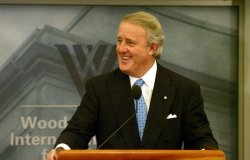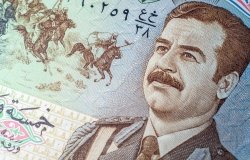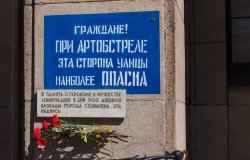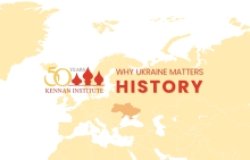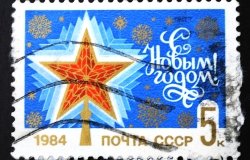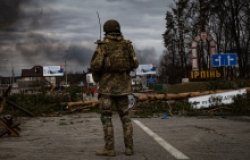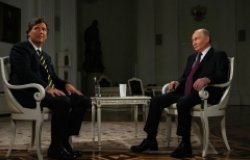OFFSITE - The Demise of America’s First Missile Defense System and the Rise of Strategic Arms Limitation
Why did the United States move from a position of nuclear superiority over the Soviet Union at the beginning of the 1960s to one of nuclear parity under conditions of mutual assured destruction in 1972? The story of this transition both sheds new light on the Cold War and offers new insights for today’s nuclear challenges.
Overview
This is an offsite event being held at the Carnegie Endowment for International Peace, please see their website for further details and RSVP instructions.
Why did the United States move from a position of nuclear superiority over the Soviet Union at the beginning of the 1960s to one of nuclear parity under conditions of mutual assured destruction in 1972? The story of this transition both sheds new light on the Cold War and offers new insights for today’s nuclear challenges.
Drawing on declassified records of conversations between three presidents and their most trusted advisers, James Cameron offers an original answer to this question in his new book The Double Game: The Demise of America’s First Missile Defense System and the Rise of Strategic Arms Limitation. John F. Kennedy, Lyndon B. Johnson, and Richard Nixon struggled to reconcile their personal convictions about the nuclear arms race with public demands. In doing so they engaged in a double game, hiding their true beliefs behind a façade of strategic language, while grappling in private with the complex realities of the nuclear age.
Please join the Carnegie Endowment for International Peace and the Woodrow Wilson Center for a discussion with James Cameron and James G. Hershberg. Togzhan Kassenova will moderate.
- James Cameron (speaker) is assistant professor in international relations at Fundação Getulio Vargas in São Paulo.
- James G. Hershberg (discussant) is a professor of history and international affairs at the George Washington University Elliott School of International Affairs.
- Togzhan Kassenova (moderator) is a fellow in the Nuclear Policy Program at the Carnegie Endowment for International Peace.
Hosted By

Nuclear Proliferation International History Project
The Nuclear Proliferation International History Project is a global network of individuals and institutions engaged in the study of international nuclear history through archival documents, oral history interviews, and other empirical sources. At the Wilson Center, it is part of the Wilson Center's History and Public Policy Program. Read more

History and Public Policy Program
The History and Public Policy Program makes public the primary source record of 20th and 21st century international history from repositories around the world, facilitates scholarship based on those records, and uses these materials to provide context for classroom, public, and policy debates on global affairs. Read more

Cold War International History Project
The Cold War International History Project supports the full and prompt release of historical materials by governments on all sides of the Cold War. Through an award winning Digital Archive, the Project allows scholars, journalists, students, and the interested public to reassess the Cold War and its many contemporary legacies. It is part of the Wilson Center's History and Public Policy Program. Read more
Thank you for your interest in this event. Please send any feedback or questions to our Events staff.



